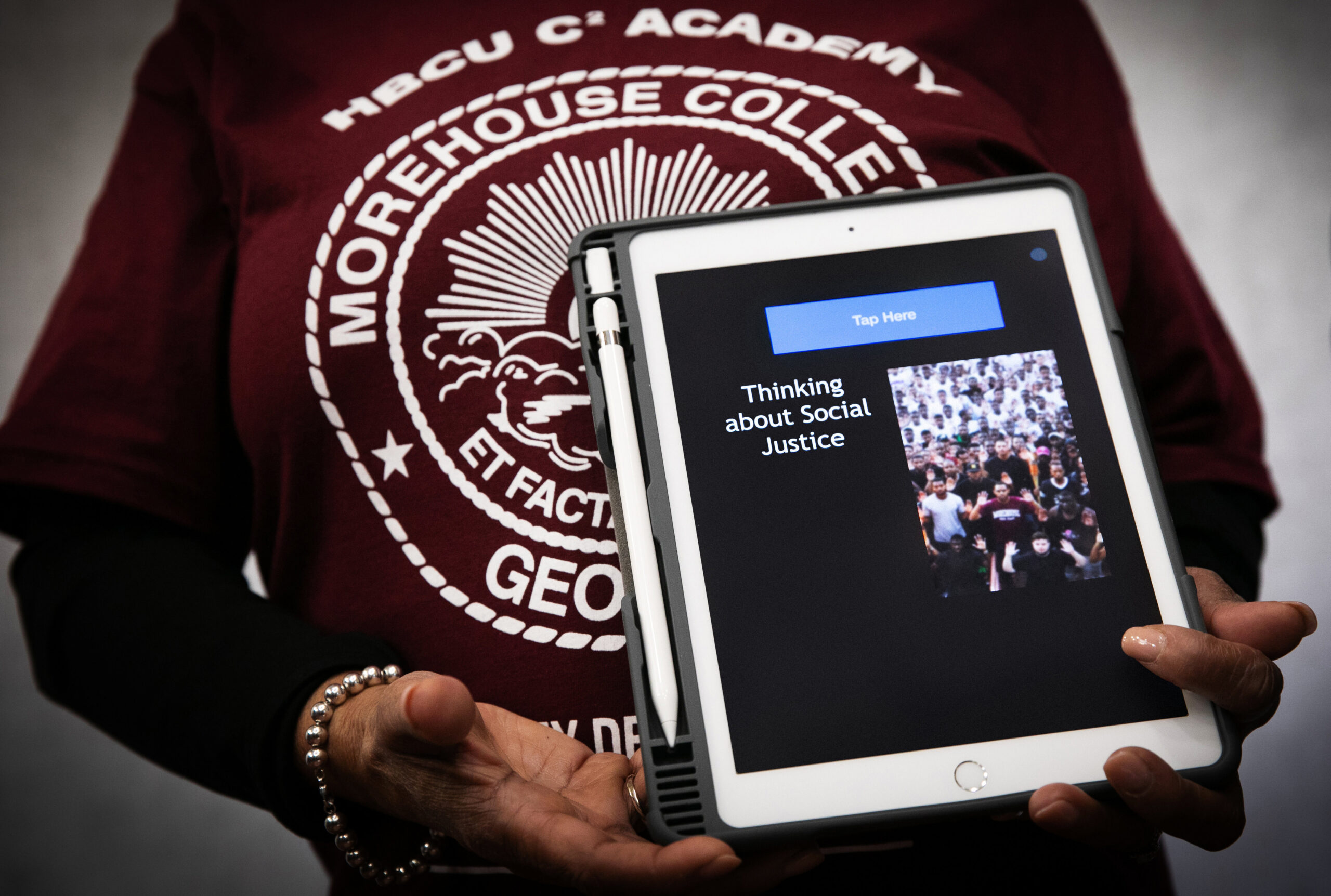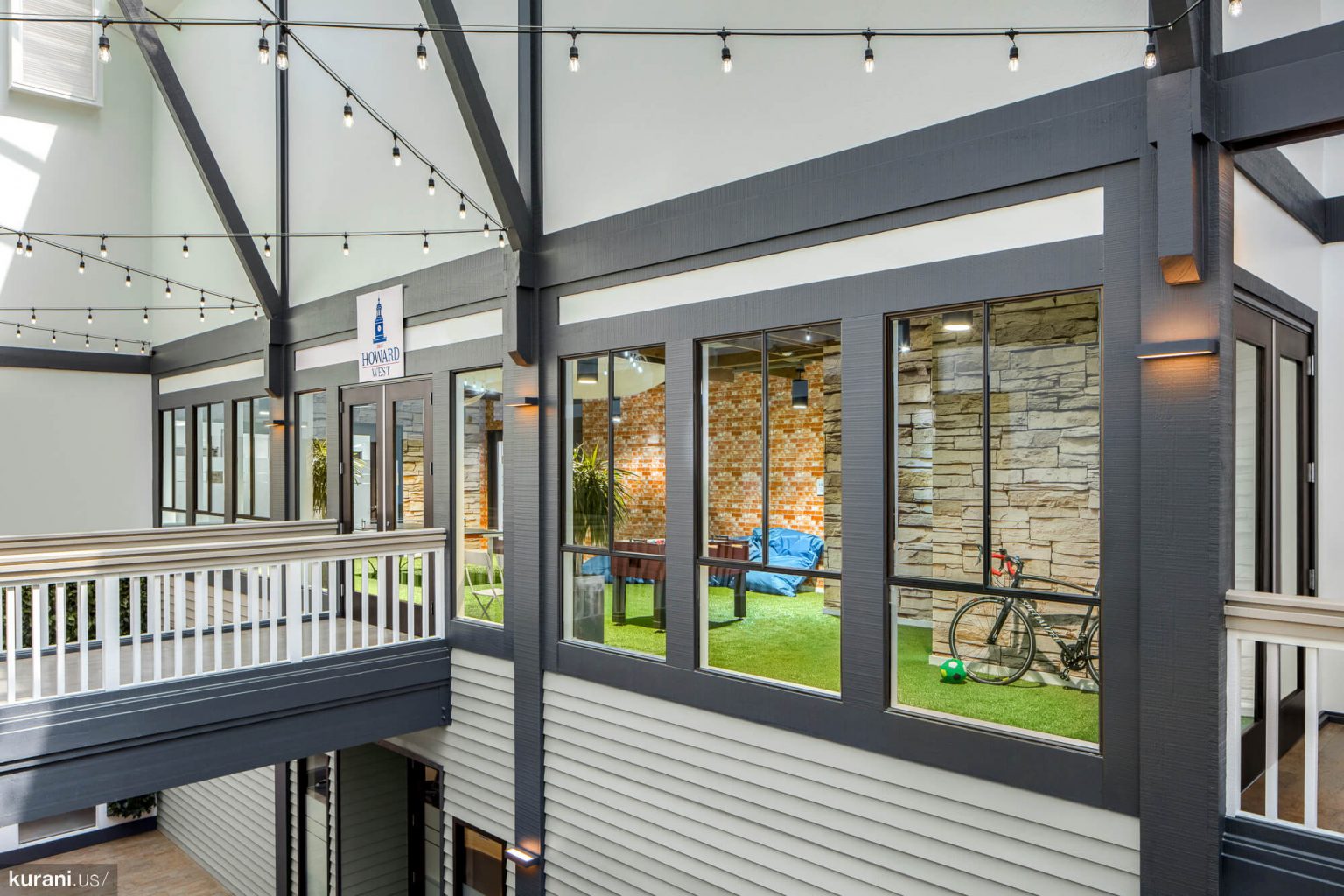On yesterday July 16th, Apple proclaimed expansion of its collaborations with Historically Black Colleges and Universities (HBCUs). The company aims at adding ten more HBCU local coding centers to serve as technology centers not only for the campuses but also for the entire communities. This plan is among the Community Education Initiatives, that Apple crafted to bring creativity, coding, and workforce improvement opportunities to all learners.
A new justice and racial equality initiative was launched last month by Apple, focusing on paralyzing systemic obstacles that communities of color face accessing opportunities. Apple wants to advance economic equality, education, and criminal justice transformation efforts to achieve its goals. “Apple is committed to working alongside communities of color to advance educational equity,” said Lisa Jackson, Apple’s deputy president of Social, Environment, and Policy Initiatives. “We see this expansion of our Community Education Initiative and partnership with HBCUs as another step toward helping Black students realize their dreams and solve the problems of tomorrow.”
Apple’s Community Education Initiative, introduced last year, has extended to 24 locations in the United States, of which 12 are HBCUs while 21 serve majority Brown and Black scholars. These organizations have familiarized thousands of adult learners, and students to coding and app design through Apple’s Everyone Can Create curricula, and Everyone Can Code. Over a couple of years, Apple has teamed up with Tennessee State University to introduce and develop its HBCU C2 initiative, which equips over 100 HBCUs with creativity and coding experiences.
Currently, Tennessee State University serves as a state center for teaching instructors and supporting its peer institutes as HBCUs develop creativity and coding opportunities for their societies. Following the recent virtual HBCU C2 conference, approximately 300 instructors from the HBCU community came together to share their experiences, and learn from their colleagues how to develop a workforce, impacting coding to all students, and connecting with their people.

Dr. Robbie Melton is an associate of the Tennessee State University, dean of professional and Graduate studies, and deputy president of the SMART Global Technology Innovation Center. As a supporter of the HBCU C2 initiative, she delights in the program and perceives unchallengeable potential for the future. “In two years, I want all HBCUs to be coding and creating,” said Melton. “In two years, you’re going to see many more people of color entering the STEM workforce — and in two years we’re going to double the number of Black women in technology through this program.”
Ten HBCUs, which have been working together with Tennessee State University and Apple over the past two years, will serve as centers to support coding in the communities. They include Claflin University, Dillard University, Arkansas Baptist College, Lawson State Community College, Fisk University, Morehouse College, Tougaloo College, Central State University, Southern University at Shreveport, and Prairie View A&M University.
By the end of this summertime, Apple anticipates doubling its HBCU partners, increasing the network of schools that offer creativity, coding, and career pathway chances. Each center is intended to produce a multiplier effect, creating HBCUs’ capacity that outspreads beyond the campus level. This goal will be achieved by partnering with K-12 schools, local governments, community partners, and other stakeholders. Melton sees the additional regional centers as a significant component of the program’s general approach. “A hub is a core of empowerment that goes beyond the campus,” said Melton. “It’s about going into the community, into the home, into businesses so that when people code, it becomes part of their lives and it’s helping solve problems. This initiative is going to help those who will be broken through COVID-19, broken through racism — and it’s going to empower them through knowledge and skills.”

Southern University at Shreveport in Louisiana has begun to progressively introduce Apple’s coding and creativity programs to staff, scholars, faculty, and community members, over the past year. Dr. Sharron Herron-Williams, a Special Assistant to the Chancellor for Institutional Priorities, has confirmed its impacts. “Our students are blossoming,” she said. “We invited community business leaders to our coding academy, and they saw the work we were doing — one food truck owner asked the students to design him an app to help track his trucks. This fall, our team will start working with him to make that app a reality.”
Herron-Williams, a graduate of Stillman College in Alabama, believes Apple’s development is significant for education in the HBCU community. “This is causing a resurgence at HBCUs — a renewed interest in technology as something that can help design the future,” she said. “Because so many HBCUs have been faced with financial challenges, they have been more focused on ‘how do we keep the doors open’ rather than ‘how do we continue to grow and expand more programs to make HBCUs remain attractive to everyone.’ So this Apple initiative is helping give HBCUs their energy back.”
At the end of this month, instructors from the ten HBCUs will be among the 500 community leaders and teachers participating in the virtual Community Education Initiative Coding Academy, hosted by Apple. Instructors will efficiently study the components of coding, through Apple’s easy-to-learn coding language. Partakers will work in groups to create app models that address real community difficulties. After completion of the coding school, they will start assimilating the coding and creativity programs into their communities. Educators will do so by introducing coding courses and clubs at their colleges, creating adult -learner’s workforce development opportunities, and holding community coding occasions.
Apple transformed personal technology by introducing the Macintosh in 1984. Apple currently dominates the innovation world, with Apple Watch, iPad, Mac, iPhone, and Apple TV. The five software platforms for Apple are; watchOS, iOS, macOS, iPadOS, and tvOS.These platforms empower people with innovative services, including App Music, Apple pay, App Store, and iCloud, besides offering unified experiences overall Apple devices. Over 100,000 employees of Apple are devoted to make the best products and make the world better.




